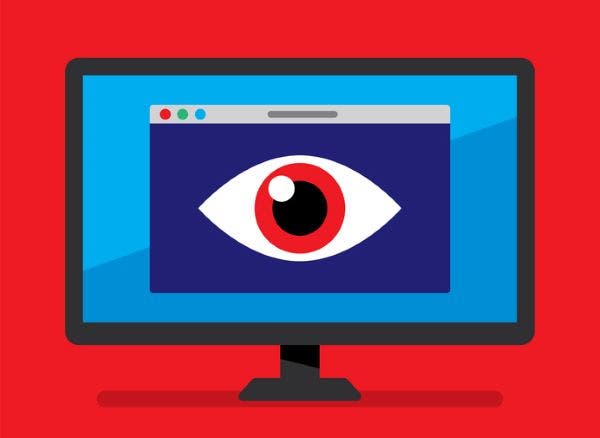Big Brother watch says there are over 58m passport photos in the database

The Home Office has permitted police to run facial recognition scans against images held in the UK’s passport and immigration databases without notifying Parliament or the public, say privacy campaigners.
Big Brother Watch claims the databases include around 58 million passport photographs and a further 92 million images from immigration and visa records, dwarfing the Police National Database’s estimated 20 million images of people arrested or of police interest.
The organisation, alongside Privacy International, has written to the Home Office and the Metropolitan Police calling for an immediate ban on the practice. Both groups described the lack of transparency as “Orwellian” and warned of risks to privacy, democratic accountability, and the potential for misidentification.
Freedom of Information requests revealed that searches by 31 police forces against passport images increased from just two in 2020 to 417 in 2023. Searches using immigration database photographs rose from 16 in 2023 to 102 in 2024.
Big Brother Watch director Silkie Carlo says: “This astonishing revelation shows both our privacy and democracy are at risk from secretive AI policing and that members of the public are now subject to the inevitable risk of misidentifications and injustice. Police officers can secretly take photos from protests, social media, or indeed anywhere and seek to identify members of the public without suspecting us of having committed any crime.
“This is a historic breach of the right to privacy in Britain that must end. We’ve taken this legal action to defend the rights of tens of millions of innocent people in Britain.”
Increasing use of facial recognition by police forces
Facial recognition use by UK police has expanded in recent years despite ongoing criticism from civil liberties groups. The technology is deployed in three main forms: retrospective (RFR), live (LFR), and operator-initiated (OIFR). The Home Office says passport and immigration databases are used only for retrospective scans, not live deployments and that forces must request access before searches are conducted.
LFR remains the most controversial application, as it scans all faces in view of a camera, most of whom are not suspected of wrongdoing. The Home Office says such deployments are targeted, intelligence-led and time-bound, but earlier this year announced the UK’s first permanent LFR camera in Croydon, South London.
The Metropolitan Police reported in July that facial recognition had contributed to more than 1,000 arrests since 2020. Privacy campaigners argue this represents just 0.15% of total arrests in London over that period, questioning the technology’s value relative to the risks it poses.
Prime Minister Keir Starmer has previously backed wider use of facial recognition, arguing it can help prevent serious disorder, such as the riots that followed the Southport murders in 2024.
